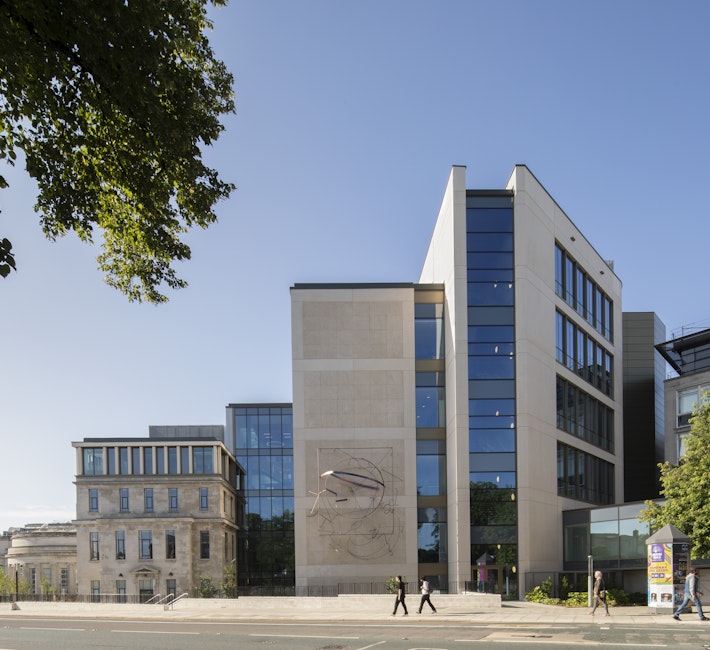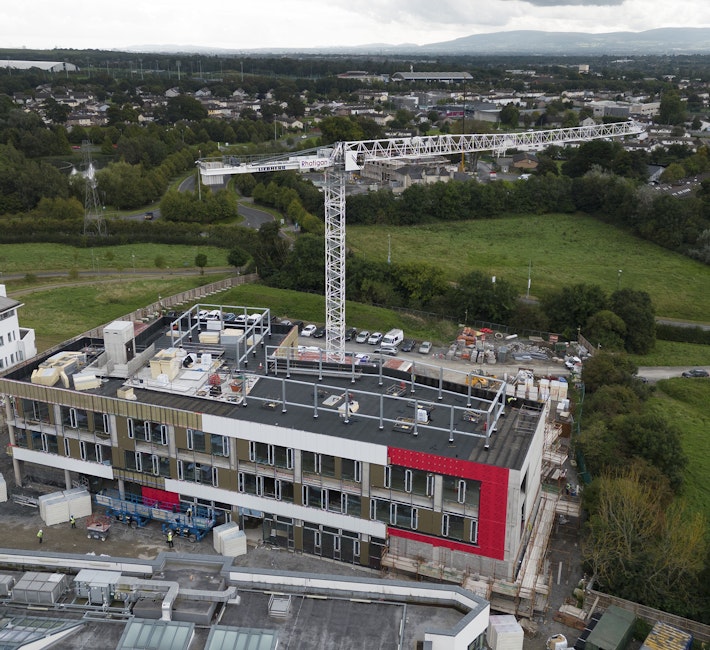- Home
- News & Views
- How the NHS can lead the way for sustainable modes of travel
In my 20-year career as a transport planner I have seen a monumental shift from a car focused approach to more sustainable modes of travel and a focus on the integration and promotion of walking, cycling and public transport.
No two jobs are the same and this is due, in part, to constantly changing planning policy, guidance and perhaps most importantly changes in environmental awareness and user habits.
When considering the development of sustainable modes of travel, one of the most interesting sectors is the health sector. The NHS alone is responsible for around 10 billion road journeys per year, which equates to approximately 3.5% of all road travel in the UK.
These are big numbers. They indicate that the NHS is well placed to lead on promoting real change and making a nationally significant difference when it comes to mode of travel, travel habits and climate awareness.
To achieve this, the NHS, like all sectors, is having to review policy, set targets and innovate. They have committed to cut mileage and air pollution from ambulances, patient transport and staff journeys by a fifth by 2024, whilst also ensuring that nine out of ten fleet vehicles are low emission within a decade, as part of their long-term plan.
In the last few years Curtins have worked closely with Trusts in Manchester, Liverpool, Nottinghamshire, Yorkshire, Leicestershire and London to provide innovative game-changing advice and support the NHS in their progress to achieve their sustainable travel targets.
At North Manchester General Hospital, we have provided design input to ensure that sustainable modes of travel are at the very heart of the development. A new village green has become the focal point for new pedestrian, cycle and public transport infrastructure. Alongside this, we have advised on a new hierarchy of roads that seeks to segregate vehicles from other more sustainable modes, and prepared a car parking consolidation strategy.
Of equal importance to the design, is our involvement in supporting changes in policy. By working closely with the Trusts to prepare travel plans that respond to the climate emergency and net zero carbon strategies in a genuine way, we can make a meaningful reduction to reliance on the car by encouraging alternatives modes of travel.
Our travel plans represent a step change from previous documents with a clear focus on the implementation of measures, the incentives to encourage them, appropriate carbon reduction-based targets and active monitoring to adapt on a continual basis.
These travel plans have in turn been used to re-evaluate parking policies, provision and permits, whilst also being used to justify enhancements and funding towards shuttle buses and other new infrastructure.
Climate change and the future of the NHS are two of the greatest challenges facing the UK today. By addressing the respective issues as one, it is possible to provide healthcare facilities and infrastructure that are fit for the future, whilst protecting the environment and guiding user behaviour to adopt more sustainable means of transport.
Tags:



